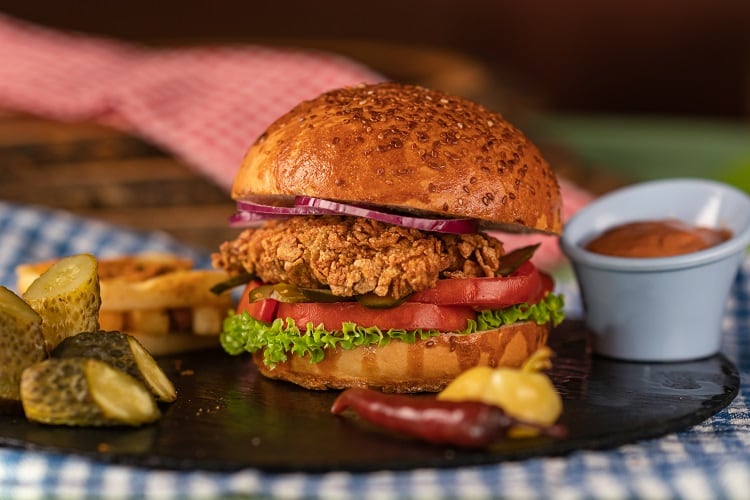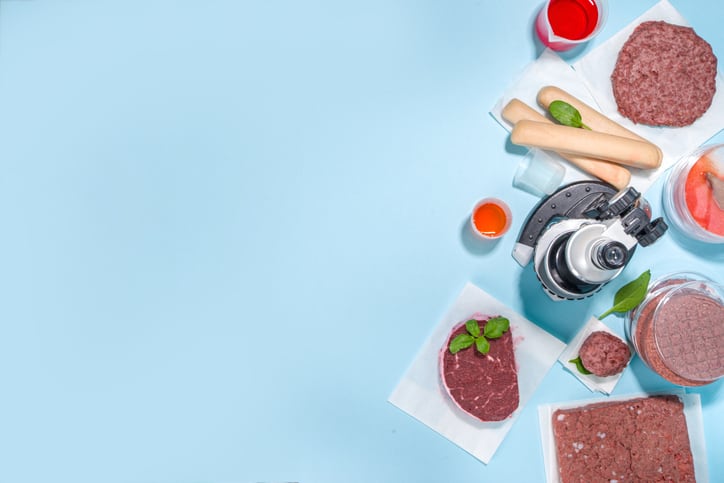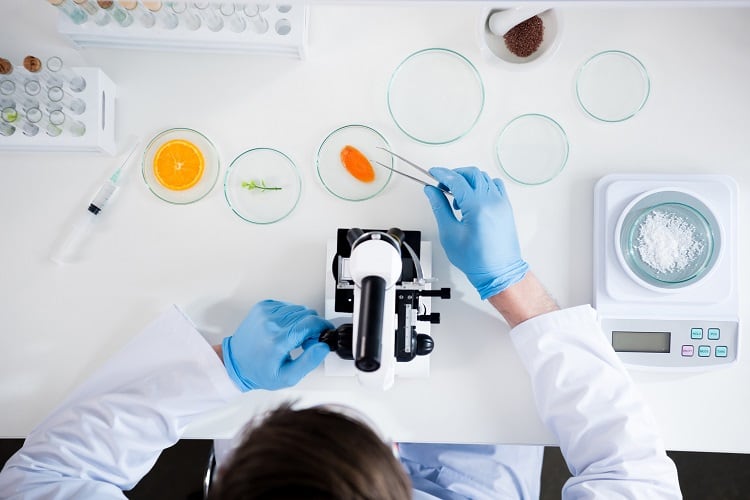The kosher certification division of the Orthodox Union, OU Kosher, is considered the largest kosher certification agency globally. In a world first, OU Kosher has determined that the chicken cell line of Israeli start-up SuperMeat meets kosher standards.
In another world first, the OU has recognised cultivated meat as kosher and meat.
For SuperMeat CEO Ido Savir, aligning its technology with kosher dietary laws holds ‘immense significance’ for the start-up. “This recognition of our process is a testament to our meticulous attention to detail and the high standards we uphold.
“We believe this historic initiative with the Orthodox Union not only broadens the options for kosher consumers worldwide but will also set clear guidelines for other companies in the cultivated meat industry.”
What makes a cultivated chicken cell line kosher?
The OU’s recognition comes after a series of halachic discussions (concerning Jewish religious laws) and scientific reviews. The latter focused on avian embryogenesis and stem cells, including the observation of the excision of embryonic stem cells from a fertilised chicken egg prior to the appearance of blood spots.
“SuperMeat worked closely with the OU and eminent rabbis to identify the vital elements of the sourcing and process to make sure that it holds to the highest standards of Kashrut [dietary laws],” Osnat Shostak, VP of Business Development at SuperMeat told FoodNavigator.
“One notable example of that is that SuperMeat obtains the stem cells from very early after fertilisation of the egg at a precise time before the emergence of blood spots eliminating the necessity for slaughter and ensuring there is no blood involved in the process.”
As to whether the use of foetal bovine serum (FBS), a growth medium fed to cells, impacts the kosher recognition, Shostak explained SuperMeat does not use FBS or any other animal components in its media or process.
As a result, concerns about the use of FBS and whether the foetus is slaughtered in the kosher way are not relevant.
“The method by which SuperMeat obtains the cells, along with the absence of animal components in its media, streamlines the kosher certification process and helped create a wide consortium of approval which was the basis for this recognition.”
Interest in kosher and halal meat
The cell line was also found to meet Mehadrin standards, which represent the highest level of kosher supervision.
But it should be noted that since SuperMeat is still in the pre-commercial production phase, the recognition is not yet an official Kosher Certification. Such a credential can only be granted once the company begins commercial manufacturing.
SuperMeat is pleased to have met kosher standards according to what it describes as the ‘most widely recognised’ kosher certification agency. “Its certification appears on the labels of nearly 70% of kosher commercial and consumer food items, and its decisions are broadly accepted globally.”
But SuperMeat is not the first cultivated meat start-up to align itself with kosher values. In January this year, Israel’s Chief Rabbi David Lau told Israel’s Aleph Farms its cultivated thin-cut steaks are kosher.
Aleph Farms also has its eyes on halal recognition. Interestingly, meat that is considered kosher is also considered halal, but not vice versa.
For a meat to be considered kosher, the animal must have cloven hooves, chew its cud, and be slaughtered in a kosher manner. Aquatic animals that don’t have scales and fins are off the table.
For a meat to be considered halal, it must be slaughtered according to Islamic law. Meats from pigs, boars and swine are strictly prohibited for consumption.
In March, ECCO Aster – which wants to produce Aleph Farms’ products for the Singaporean market – announced it is liaising with local religious authorities to obtain halal certification, so as to facilitate the startup’s expansion into Southeast Asian and Asia-Pacific regions..
Plans for global expansion
Achieving kosher recognition, and certification once SuperMeat products reach the market, means that the start-up’s cultivated chicken products can be available to Jewish communities in both Israel and further afield.
The US, where SuperMeat plans to first rollout its products, has the largest Jewish population in the world after Israel, Shostak explained. Having partnered with Swiss retailer Migros last year, the cultivated meat player wants to launch into Switzerland in the coming years. SuperMeat also signed a MoU with one of Eurooe’s largest poultry producers, PHW Group, with the aim of brining cultivated chicken, turkey and duck products to European consumers.
Like Aleph Farms, SuperMeat is also interested in achieving Halal certification, which Shostak explained shares many similarities with the kosher certification process. Incidentally, halal food has recently increased in popularity in the UK and Europe.
“SuperMeat intends to pursue Halal certification to cater to the diverse dietary needs of audiences globally.”





